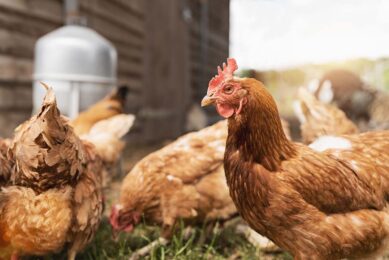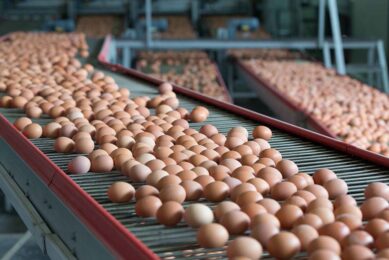Calls for tests on imported eggs as fipronil issues surface

UK processors have called upon the Food Standards Agency to introduce random testing on imported eggs and egg products following the discovery of further fipronil contaminated eggs in Europe.
British Lion Egg Processors said they were disappointed that another major incident had been reported – this time involving Dutch eggs from an organic farm exported into Germany.
Andrew Joret, British Egg Industry Council chairman, said it was time for the FSA to take action.
“Unfortunately, we are not surprised by this development as we have been concerned for some time that the initial issues following the product recalls we saw last year have not been thoroughly resolved.
“With the extent of the issue unclear, we are asking the Food Standards Agency to take decisive action to protect UK food businesses, and are calling for random testing of all imported eggs and egg products.
“Food businesses should protect themselves by specifying British Lion eggs and egg products, which are produced to the highest standards of food safety, and reassure their customers by using the British Lion mark on packs.”
Insecticide residue discovered
The latest fipronil case, which has centred around Lower Saxony, has led six German states to pull 73,000 eggs from shelves after insecticide residue was discovered. Officials said they had detected traces of the insecticide in samples from a packaging depot in the German town of Vechta.
The highest test showed a level of 0.019mg/kg – above the permitted EU level of 0.005mg/kg but below a rate that would lead to health issues.
The eggs came from a Dutch organic egg farm and were believed to be delivered between 17 May and 4 June.
Dutch consumer safety officials stressed the case was a not a renewed use of fipronil but a residue issue. However, Eric Hubers, president of the Dutch farmers association said: “It puts Dutch eggs in a bad light again.”
The Dutch poultry industry was hardest hit by the fipronil scandal last year when millions of eggs had to be removed from sale. At least 10 farms are still closed following the scandal that broke last August.
Join 31,000+ subscribers
Subscribe to our newsletter to stay updated about all the need-to-know content in the poultry sector, three times a week. Beheer
Beheer








 WP Admin
WP Admin  Bewerk bericht
Bewerk bericht